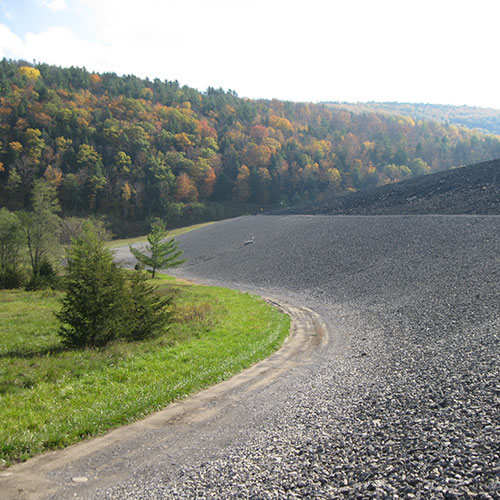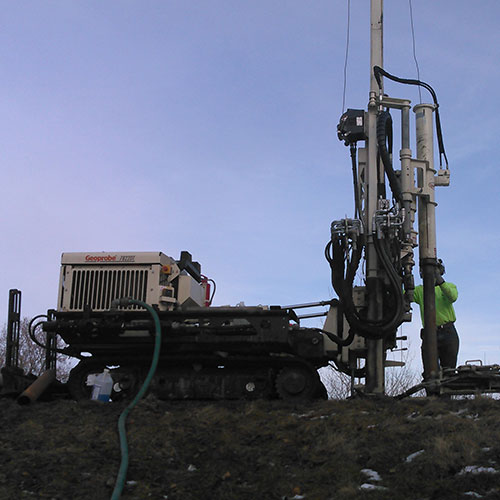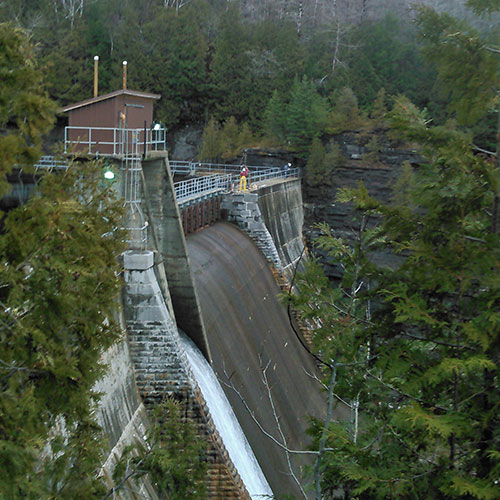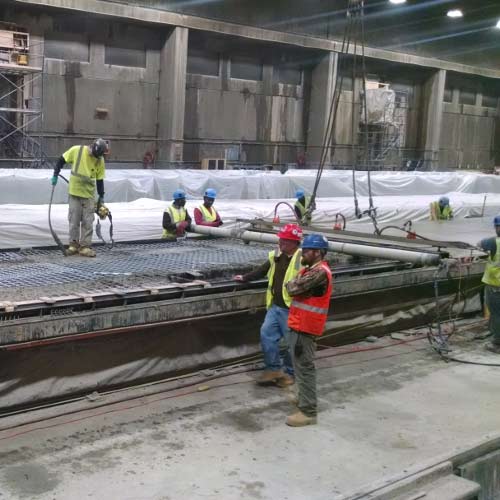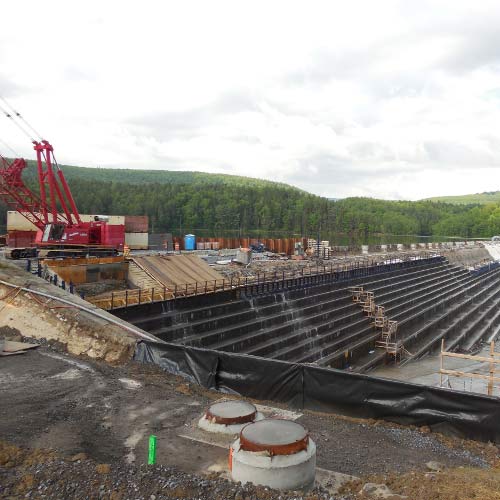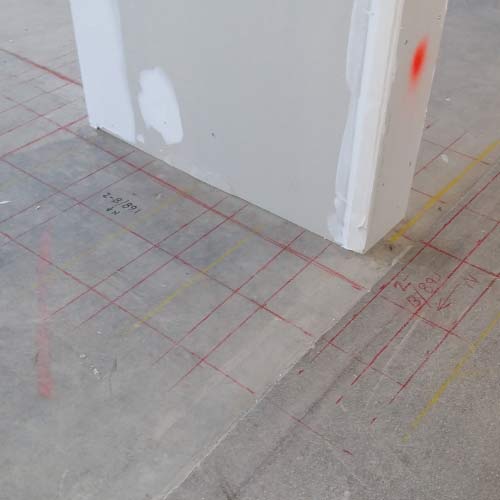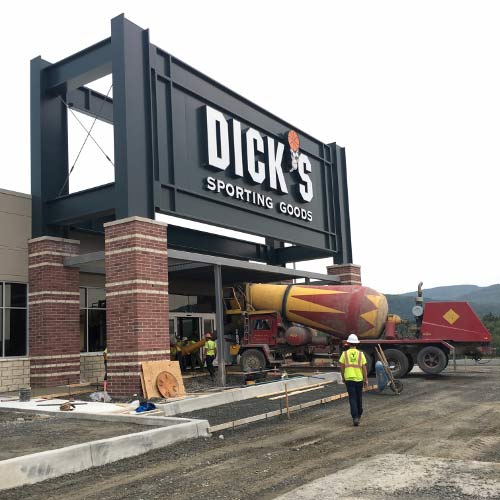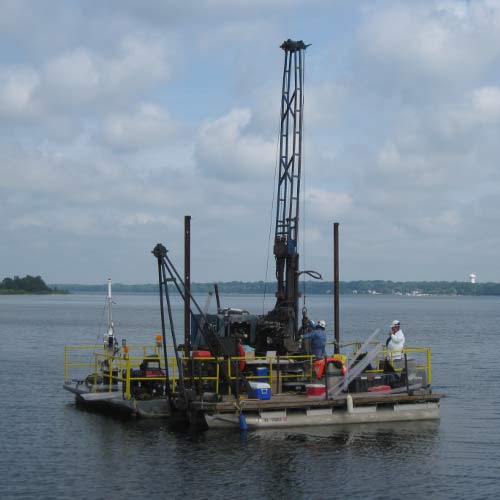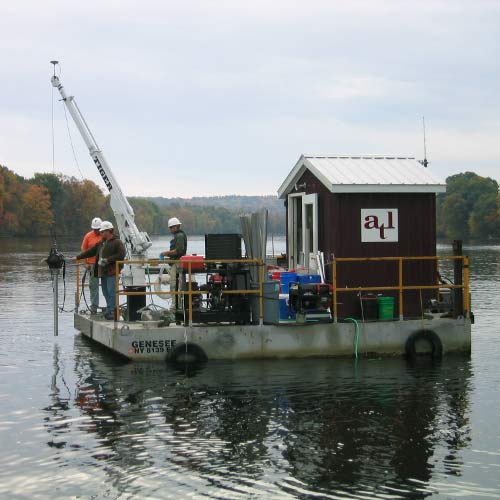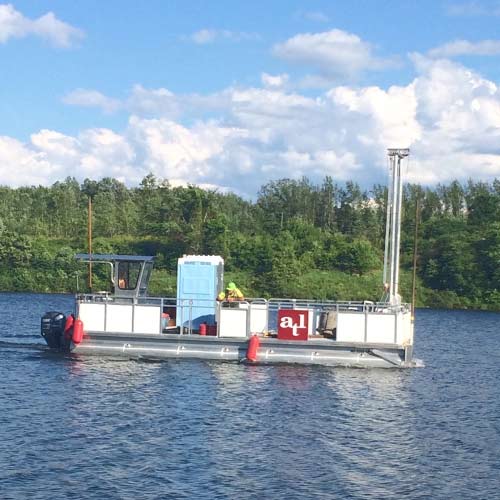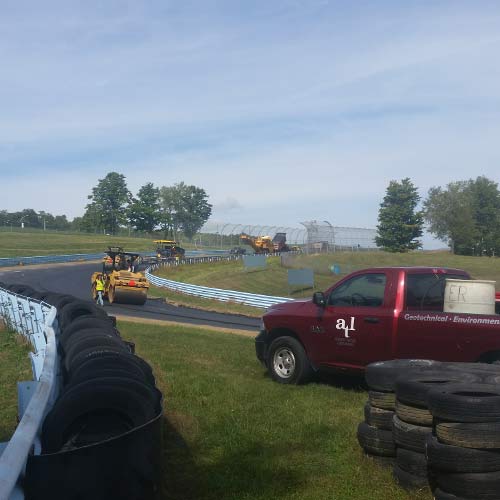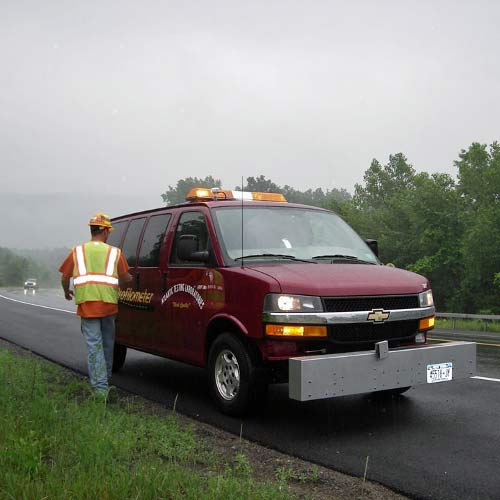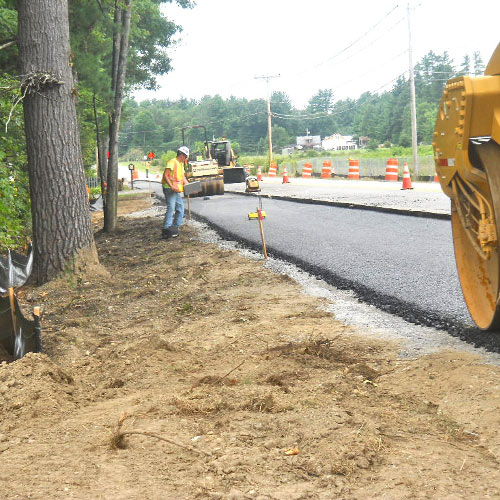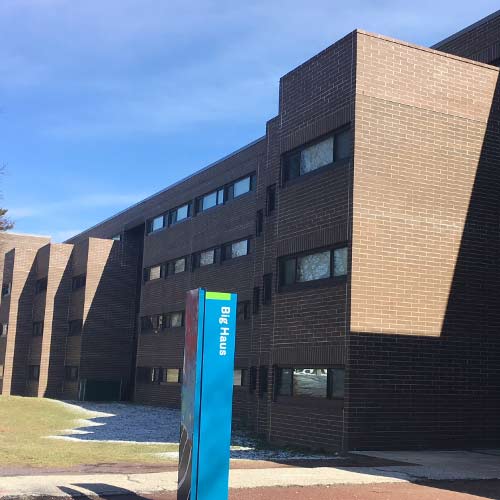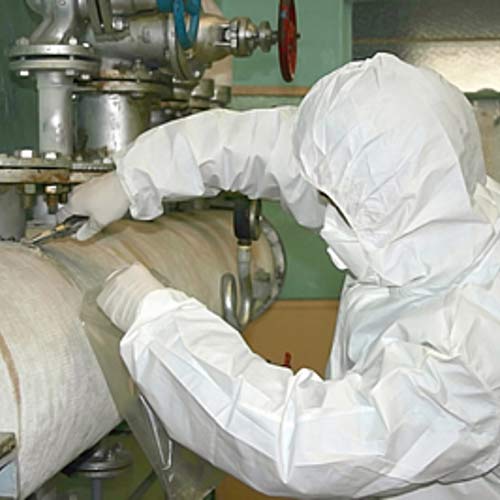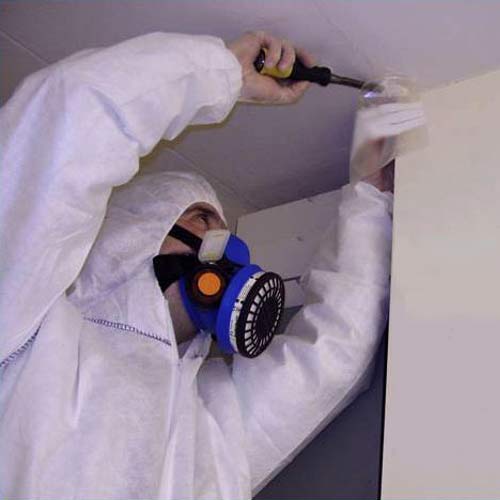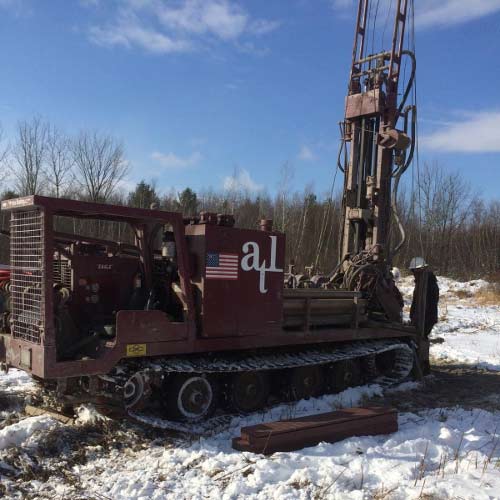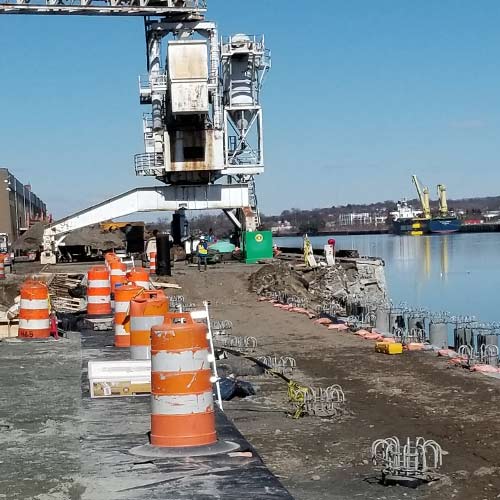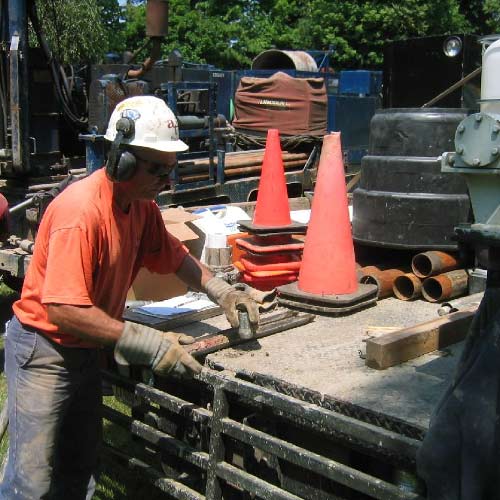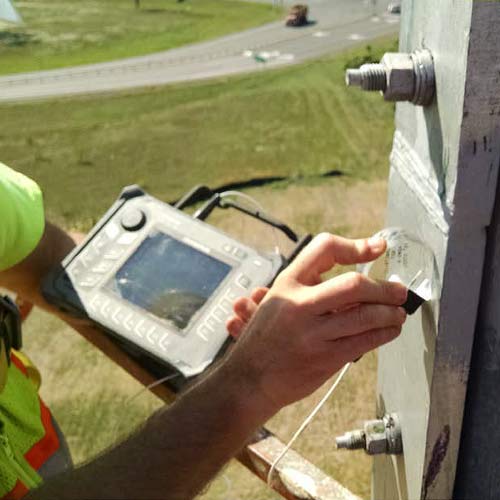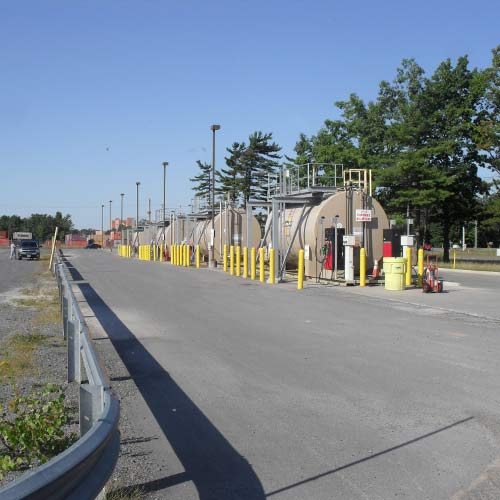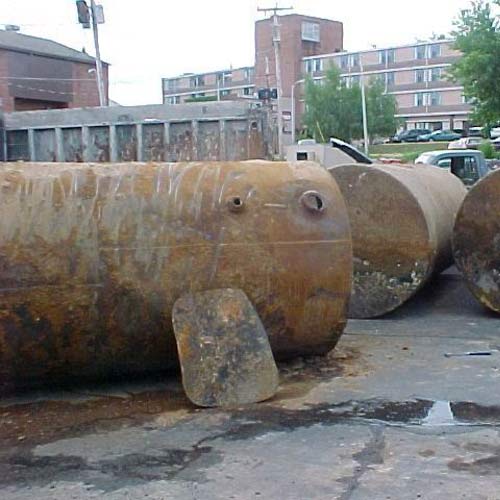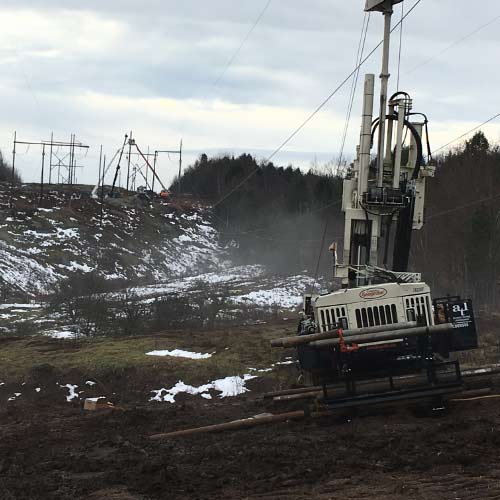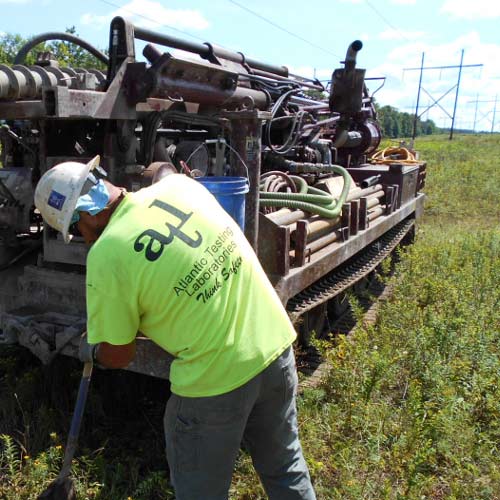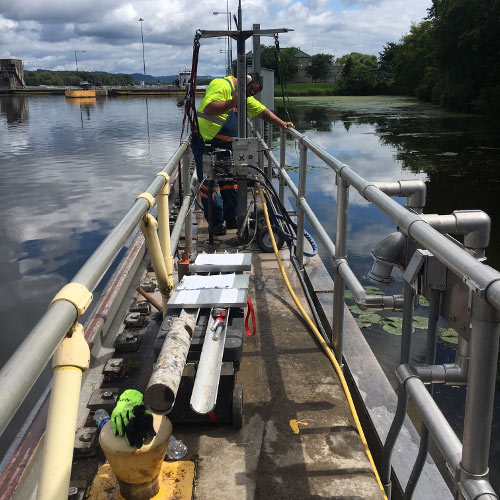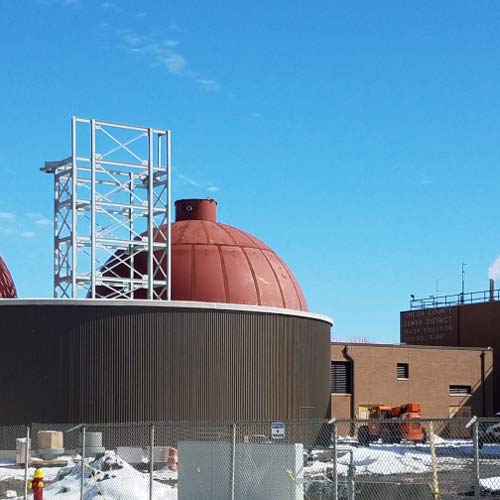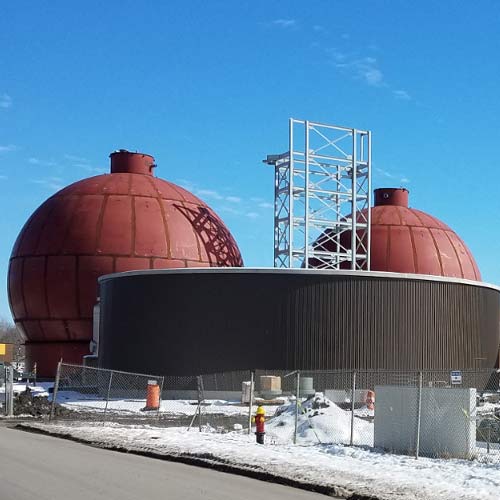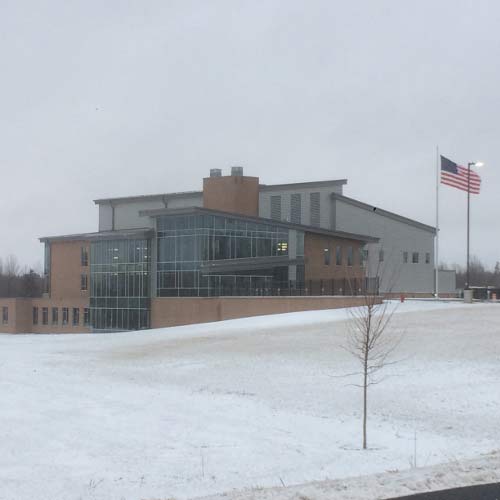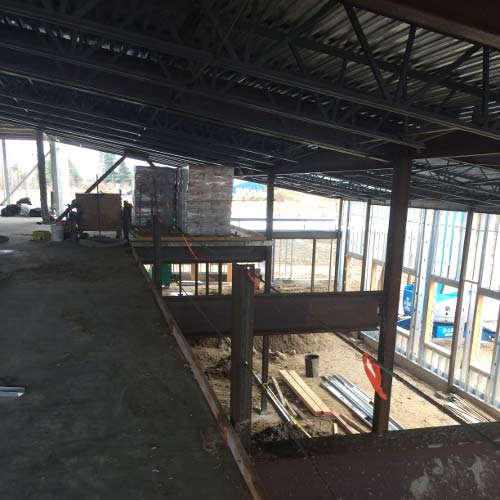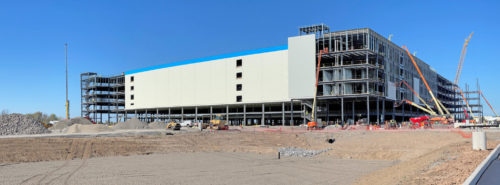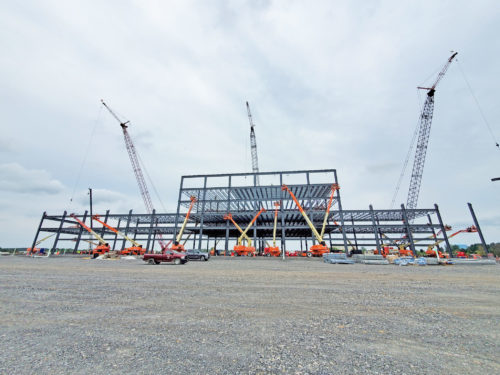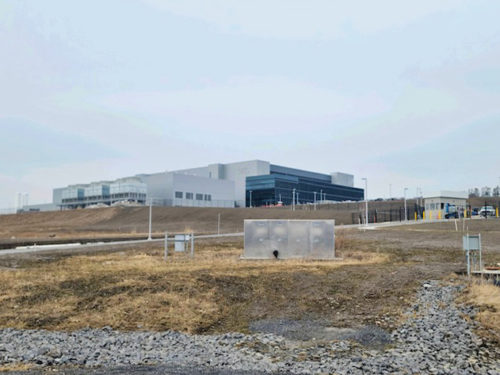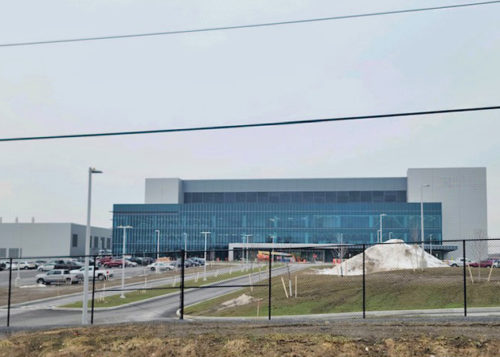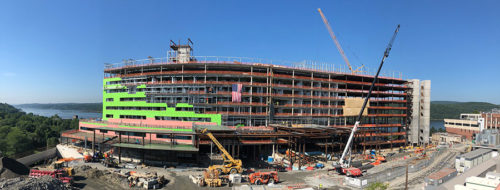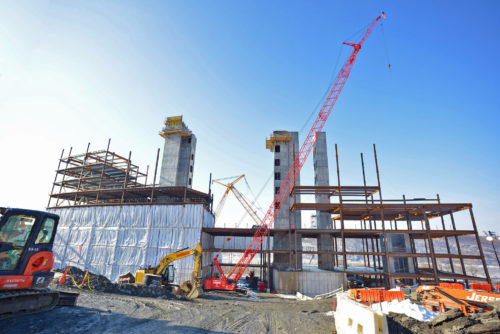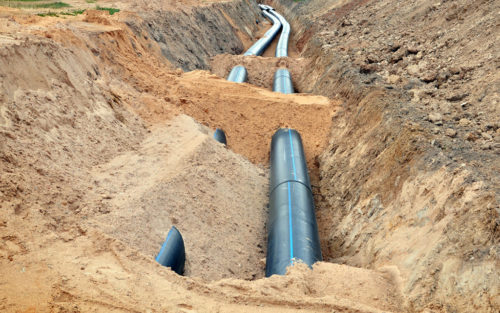 Understanding the thermal properties of the materials used in underground power systems is crucial for their design. In the case of underground electric transmission systems, knowing the ability of the concrete and/or soils surrounding the utility to dissipate the heat it generates allows the designer to properly determine the size and capacity of the cable.
Understanding the thermal properties of the materials used in underground power systems is crucial for their design. In the case of underground electric transmission systems, knowing the ability of the concrete and/or soils surrounding the utility to dissipate the heat it generates allows the designer to properly determine the size and capacity of the cable.
Many factors influence the thermal resistivity of construction materials. Most notable, the density and moisture content of the material greatly affect its ability to conduct heat. Testing the thermal properties of construction materials in a laboratory setting can provide what is known as a thermal dryout curve. This dryout curve is a plot of the thermal resistivity versus moisture content for a material at a constant dry density, which provides the thermal critical moisture content for a material (i.e. the point at which a material exhibits great changes in its thermal resistivity with small changes in moisture content).
There are two commonly specified test methods for thermal properties determination:
- ASTM D 5334: Determination of Thermal Conductivity of Soil and Soft Rock by Thermal Needle Probe
- IEEE 442: Guide for Thermal Resistivity Measurements of Soils and Backfill Materials
Atlantic Testing Laboratories (ATL) can perform laboratory testing in accordance with both of these referenced standards on intact or bulk soil samples, concrete specimens, and rock cores. ATL has performed thermal testing in conjunction with engineers during the design phase, with material producers for prequalification, and with contractors for verification during construction.
Contact Royce Knowlton (RKnowlton@atlantictesting.com) or Craig Innis (CInnis@atlantictesting.com) at 585-427-9020 to discuss your project and testing needs.

